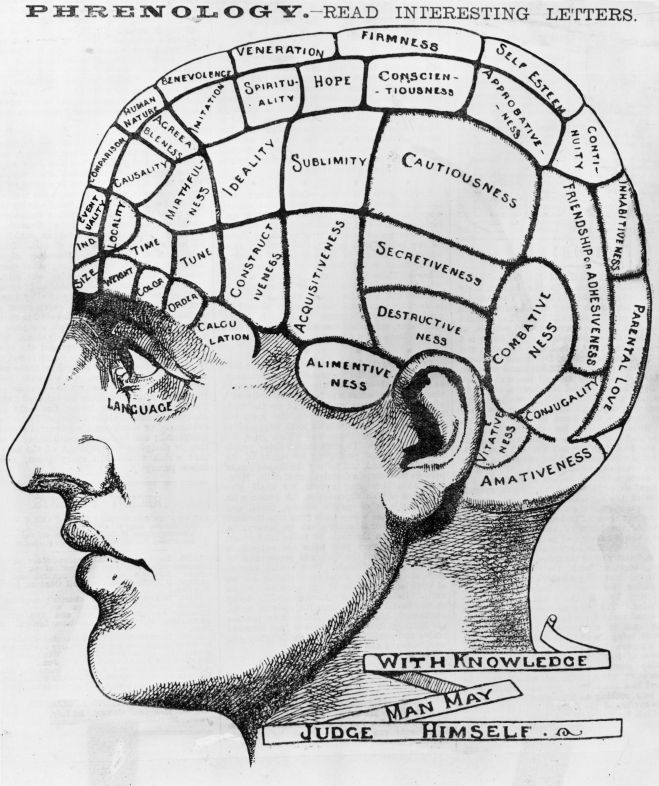by Sue Halpern
It is the rare question that can elicit polar responses where both of them make perfect sense. In this case–asking if you’d erase or sweeten bad memories if you could–it is partly because people’s traumas and the circumstances of those traumas are different, partly because we are all psychologically and emotionally different, and partly because it is philosophical question as much as it is a practical one, and what we might want as individuals is different from what we might want as a society. For instance, while we might want to erase the memories that cause a person to suffer from PTSD, erasing the memories of war or, worse, sweetening them, may make us, collectively, more bellicose. Sometimes we forget that forgetting comes with its own costs, too.
I am reminded of the sentiments of the philosopher Paul Ricoeur, author of the book Memory, History, Forgetting, whose thoughts about mourning are central to those about forgetting.
This work of mourning is a long and patient travail, which brings under
interrogation the ability to narrate it. … To narrate otherwise what one has done, what one has suffered, what one has gained and what one has lost. The idea of loss is fundamental to life.
I hear echoes of Ricoeur in the words of these Dish readers:
You wrote, “Given the chance, who wouldn’t want to erase or in some way circumvent the memory of being mugged?” Not me. As unpleasant as the memory of a mugging might be, one can learn from such events. As the old saying goes, those who don’t remember history are doomed to repeat it.
I lost my great love to a fire some 30 years ago, and I was shattered by the event. I took over a decade to really get my life back on track after his death, but I still would rather have the memories of him and my love for him than to lose those horrible memories of his death and suffering. A life of only good memories sound soulless and shallow indeed.
Another:
I believe that there are certain difficult things that we would choose to remember because they inform who we are and let us learn from our mistakes. However, I also believe that when someone is thrust into a situation over which they have no control, such as war or molestation, that the kindest thing we could do for that individual would be to relieve the psychic pain that causes the person to live a haunted life. I have a son who suffers from PTSD and a young granddaughter who was sexually molested by her step-father. I would give anything for them to find peace and to forget.
Another:
I happen to be very interested in this subject. As a clinical social worker in a law enforcement agency, part of my responsibility is helping officers and other first responders affected by critical incidents. There are already some very effective short-term interventions that can be used with traumatic memories. They involve brain stimulation through bi-lateral body stimulation (EMDR) or via ‘meridian points’ (TFT/EFT) similar to acupuncture.
The pain of a traumatic incident is mainly in its aftermath. The thing that happened is not happening in the present but the horror, fear, and revulsion experienced during the incident (in the past) is associated with recalling that event (in the present). And that associated reaction is so intolerable that people will develop ways to avoid thinking the thought (although not usually successfully) which can also impede their ability to process and talk about the event. By detaching the reaction from the memory, we allow the person to review the situation without recreating the unbearable pain. It doesn’t mean that the memory is insignificant, and it doesn’t mean they aren’t grieving or otherwise dealing with a loss. Quite the opposite. By making the memory bearable, they can move forward without the debilitating effects that cause them to try to avoid dealing with it altogether. It’s very exciting stuff.
